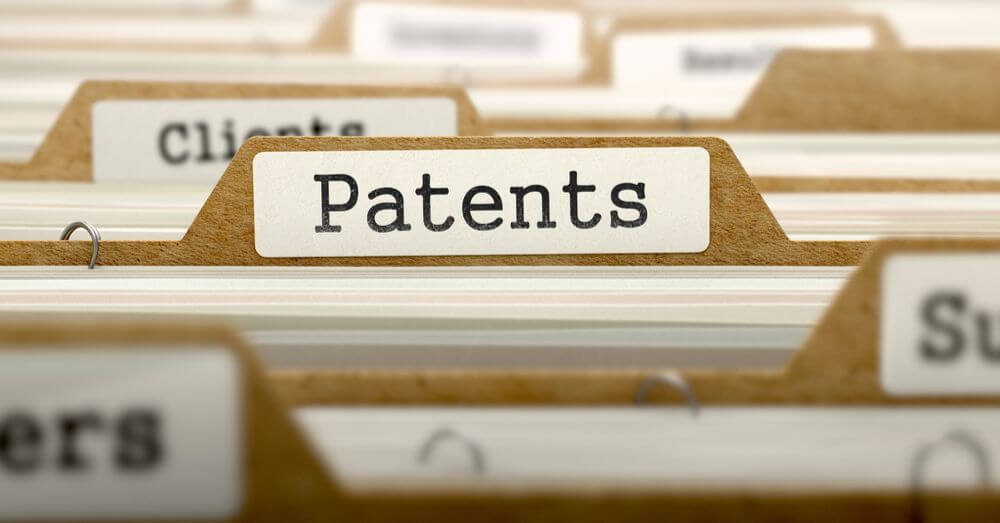
The payment company hopes that the alliance will encourage innovation and open-source research in the industry
Square, the payment company founded by Twitter CEO Jack Dorsey, has launched the “Cryptocurrency Open Patent Alliance” (COPA).
COPA is a nonprofit organisation that aims to stop companies from locking up the development of new and useful technologies behind patents. The company has claimed that this practice cripples innovation.
“Locking up foundational cryptocurrency technologies in patents stifles innovation and adoption; and offensive use of patents by bad actors threatens the growth of cryptocurrency technologies,” Square said in their statement announcing the alliance.
Aside from companies that closely guard their progress in the cryptocurrency industry, some firms go as far as to file “pre-emptive patents” for ideas that they do not yet have plans to develop. This benefits firms by preventing competitors from developing the ideas themselves.
To become a part of COPA, members pledge to make their patents freely available to the rest of the members by publishing it in a shared library. This library will function as a “shield” of sorts for the group, protecting members from “patent aggressors”.
Square, which made its first foray into the cryptocurrency industry in 2018, has already pledged to put its own crypto patents into the shared library.
The company recently made headlines for winning a patent for a fiat to crypto payments network. The payment system would allow users holding different asset types to transact with one another in real-time. The network itself would be in charge of automatically exchanging the sender’s payment into the asset requested by the receiver.
The only exception to the rule would be those that are filed to preserve existing patent applications.
The number of patents on cryptocurrency and blockchain-related innovations within the US doubled between 2016 and 2017. Notable patents filed in the past year include Microsoft’s for a crypto mining system powered by physical exertion and IBM’s patent for a token they claim is “self-aware”.
In the event that Square’s patent library would grow and gather momentum, the idea is to have more companies think of joining COPA to access these innovations. Square believes that this would help create a more equitable patent environment.
Any company working in the cryptocurrency industry, regardless of whether it has patents of its own or not, will be eligible for membership in COPA. A spokesperson has confirmed that COPA will be an entirely separate entity from Square and have its own independent board of directors.

